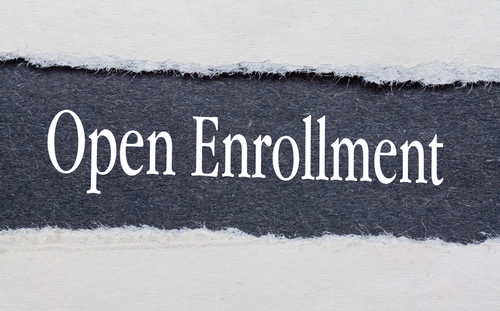1st ALS Patient Enters Phase 3 Study of Oral Edaravone in Slowing Disability
Written by |

Mitsubishi Tanabe Pharma America (MTPA) has enrolled a first patient in a Phase 3 clinical trial of an oral suspension formulation of edaravone in treating amyotrophic lateral sclerosis (ALS).
An intravenous form of edaravone (given directly into the bloodstream), developed by Mitsubishi Tanabe Pharma and sold under the brand name Radicava, was approved as an ALS treatment by the U.S. Food and Drug Administration (FDA) in 2017.
Edaravone works by reducing oxidative stress — an imbalance between the production of potentially harmful free radicals and the cells’ antioxidant defenses — which is thought to be one of the causes of nerve cell death in ALS.
Data from three previous clinical studies have shown that Radicava can safely and effectively slow functional decline in people with ALS.
The recommended dosing regimen for Radicava, given at a 60 mg dose over 60 minutes, consists of an initial treatment cycle of 14 consecutive days of treatment, followed by a two-week treatment-free period. Subsequent treatment cycles consist of daily treatment for 10 of the next 14 days, followed by two weeks without treatment.
MTPA has initiated a Phase 3 study (NCT04165824) evaluating whether an oral formulation of edaravone is also safe and effective in ALS patients.
“Enrollment of the first patient in this clinical study marks an important milestone for our company as we continue to seek treatment options for the ALS community,” Atsushi Fujimoto, MTPA’s president, said in a press release.
“There is a great unmet need in the area of ALS, and we believe an oral formulation of edaravone could potentially serve as an alternative treatment option for patients suffering from this progressive condition,” Fujimoto added.
The global, multicenter and open-label study is recruiting up to 150 adults with ALS, ages 18 to 75, across an expected 65 sites in the U.S., Canada, Europe, and Japan. About half of these locations will be in the U.S., MTPA said.
Specific study site information is not yet available, but those interested in learning more can do so here.
Enrolled patients will all be treated with oral edaravone — at the same dosing regimen of the intravenous formulation — for between 24 and 48 weeks.
The trial’s primary goal is the oral treatment’s safety, and will include evaluations of adverse events, laboratory assessments, and physical and sensory examinations.
Secondary goals include changes in functional disability (assessed through the ALS functional rating scale-revised (ALSFRS-R) score), lung function (measured by forced vital capacity, or the total volume of air that can be forcefully exhaled), and the time to invasive procedures are needed prevent respiratory failure or malnutrition (tracheostomy, permanent assisted mechanical ventilation, or gastrostomy tube placement).
“As a researcher and provider of care for ALS patients, I’m pleased to be part of a research effort with a goal to provide a new treatment option for those living with this devastating disease,” said Carlayne E. Jackson, MD, a trial investigator, and a neurology professor and chief of the neuromuscular section at UT Health San Antonio.





